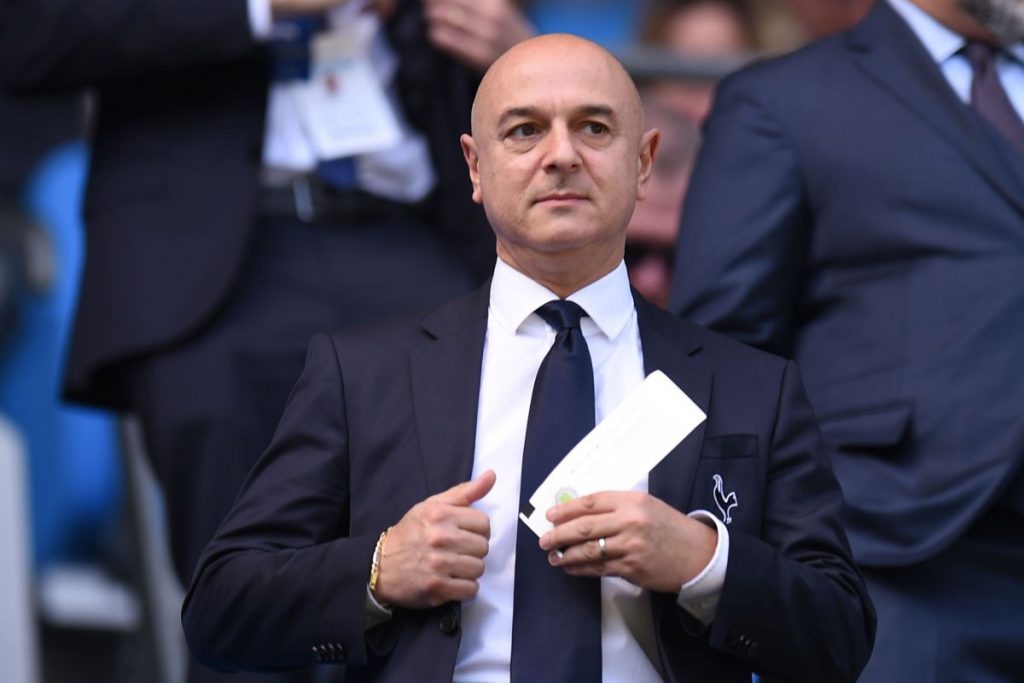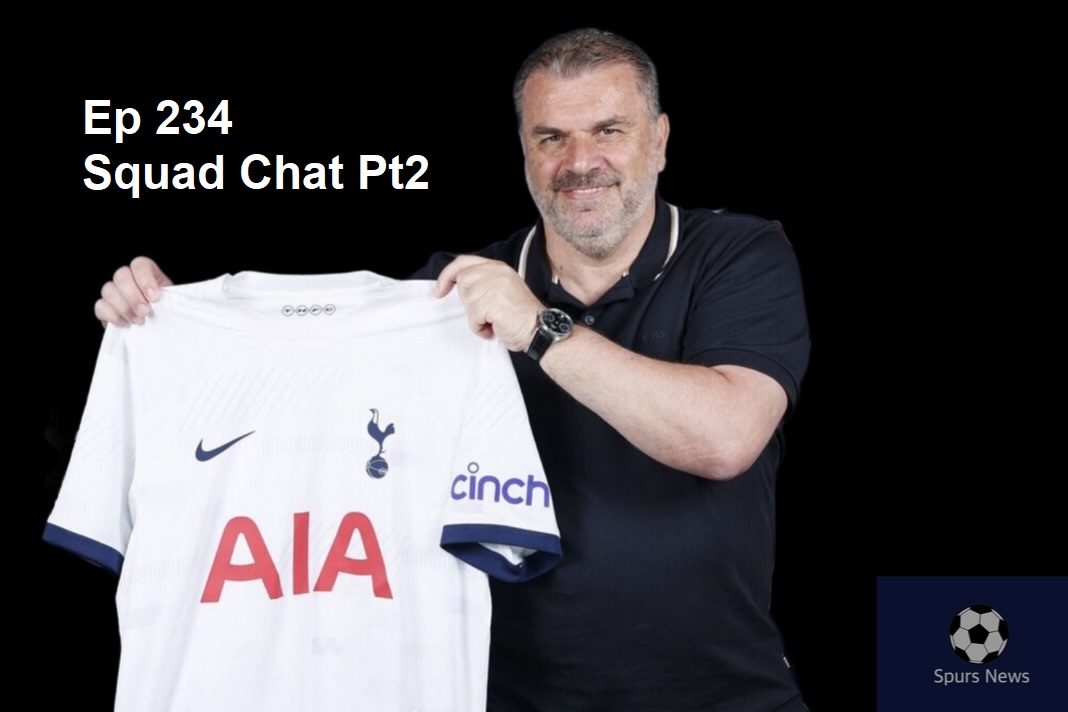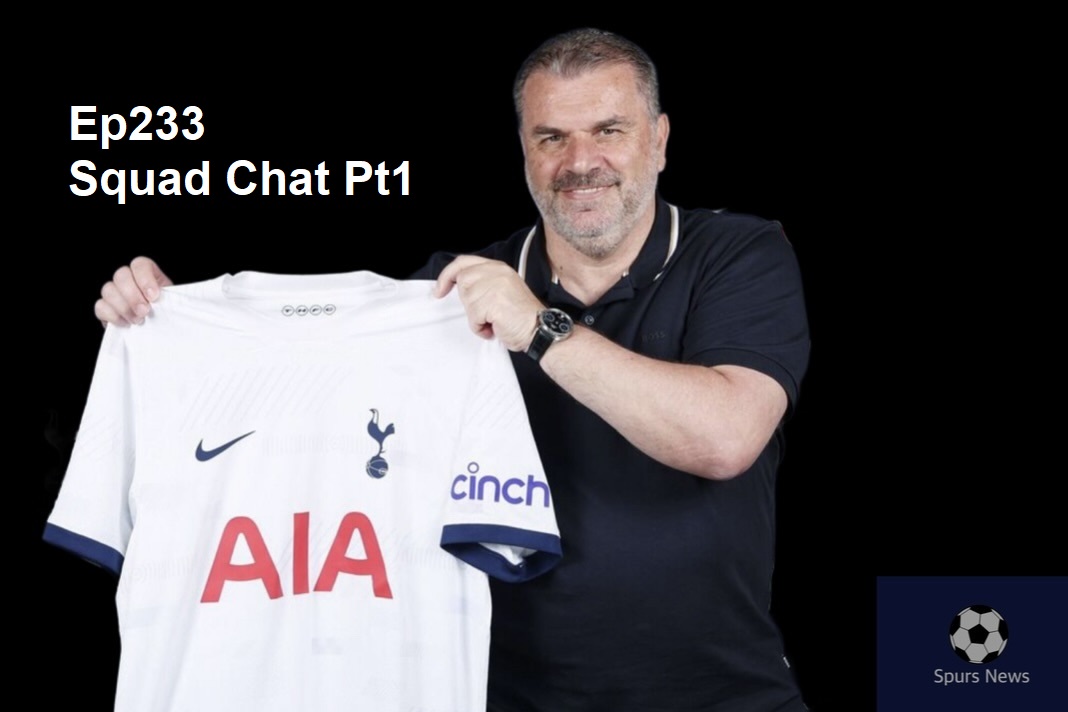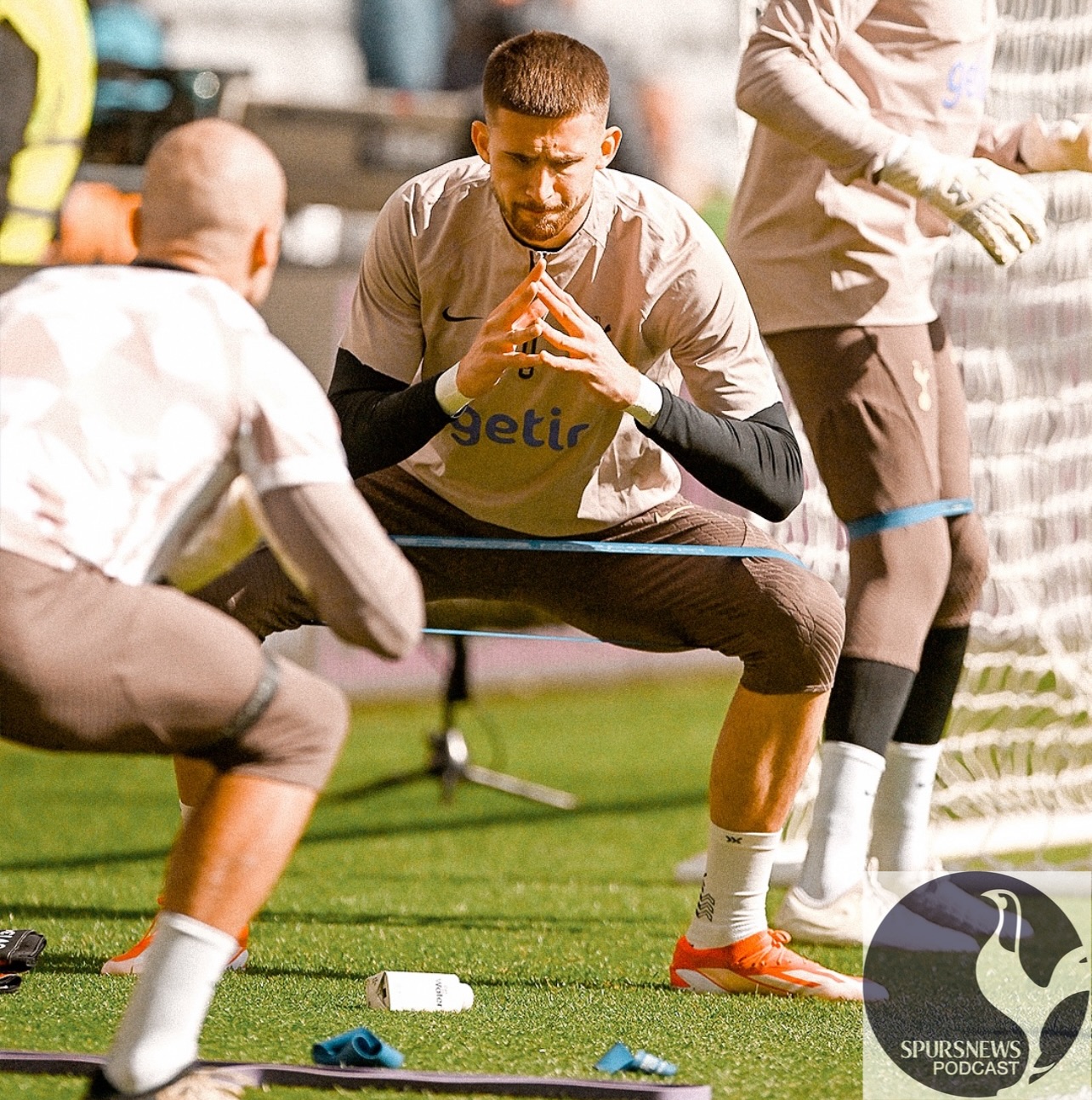Tottenham will suffer an “irrecoverable loss of income” of more than £150m if the stadium remains closed to fans for the rest of the financial year, says chairman Daniel Levy.
It is not yet known when fans will be allowed back into grounds to watch Premier League matches.
“We are in one of the most challenging times ever experienced,” said Levy, referring to the Covid-19 pandemic.
The club posted a loss of £63.9m after tax in its year end financial results.
“The pandemic could not have come at a worse time, having just completed a stadium build which is financed by club resources and long-term debt,” added Levy, whose club made a profit of £68.6m last year.
“The 2020-21 season has so far seen no fans at games and this is compounded by a loss of third party events such as NFL, concerts, the closure of stores and visitor attractions.”
He continued: “Our estimate for the current financial year of the potential loss of revenue, should the stadium remain closed to fans, is in excess of £150m.
“Clearly this would be an irrecoverable loss of income.”
Tottenham’s new 62,062-capacity stadium cost £1.2bn and match day revenue and events held outside of football, are an essential source of income for a club that posted a net debt of £604.6m.
Spurs offered their stadium to the NHS during the height of the crisis to help fight the pandemic and is now being used for Covid-19 testing.
Following initial criticism for using the government’s furlough scheme for some non-playing staff, the club is working to support more than 4,000 direct and indirect jobs who depend on Tottenham for employment in the area, Levy said.
“Each and every Premier League club makes a significant financial and social contribution to the UK economy and to their local communities,” he added.
“Premier League clubs are entirely capable of responsibly delivering outdoor events with social distancing, exemplary hygiene standards and testing capabilities.
“We recognise that health and safety are paramount and we have been encouraged by the latest news on vaccine developments and potential Clinical Passports.”
(BBC Sport)














